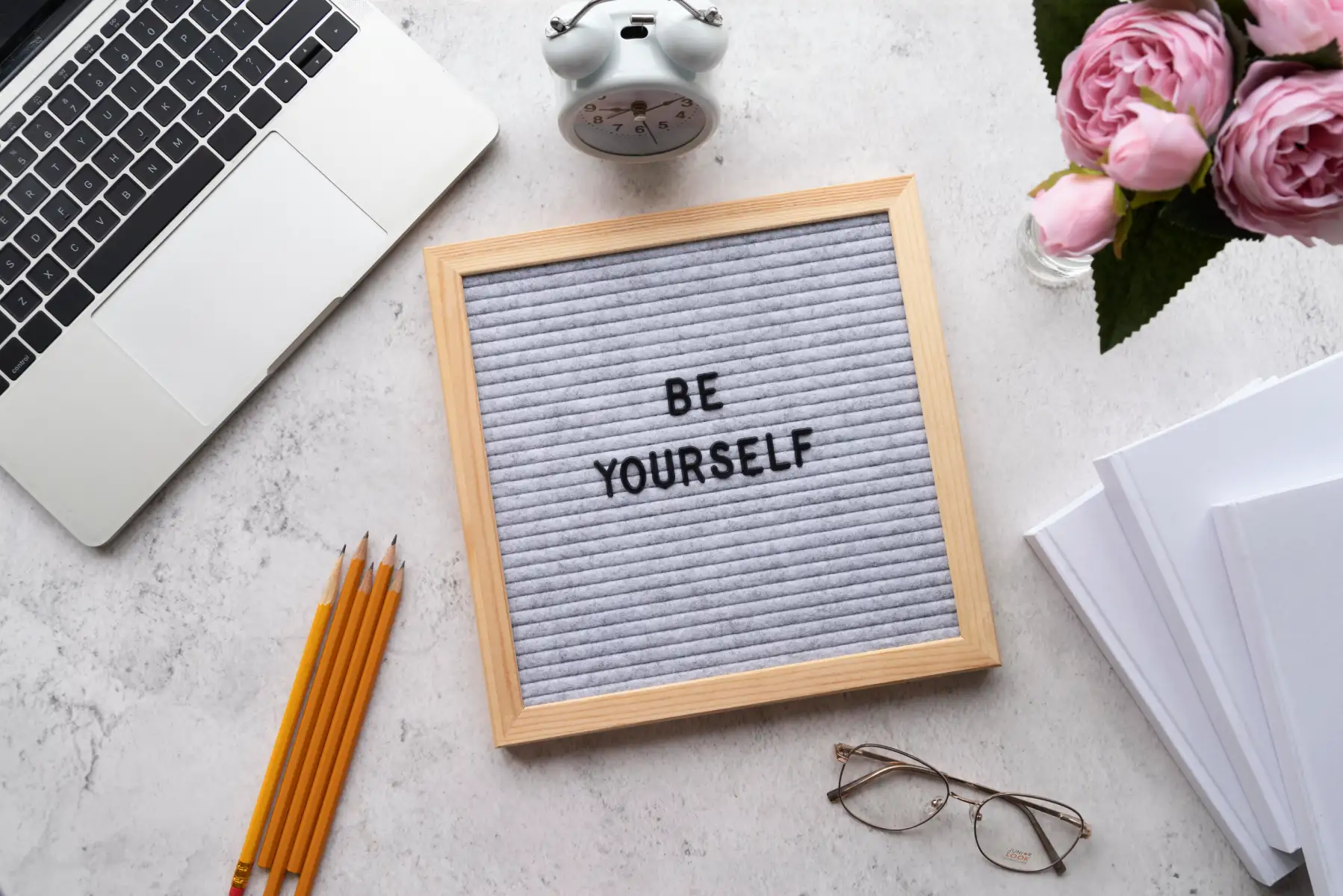Self-confidence is the key to achieving your goals and living a fulfilling life. However, developing confidence takes time and effort. Whether you want to feel better in social situations, at work, or in your personal life, here are ten tips to help you build and nurture your self-confidence:
1. Set Small, Achievable Goals
Start with small tasks and celebrate your achievements along the way. Each goal you accomplish will build your confidence and motivate you to aim higher.
2. Focus on Your Strengths
Identify your unique skills and qualities. Make a list of things you are good at and remind yourself regularly of your strengths, instead of focusing solely on weaknesses.
3. Avoid Comparisons
Comparing yourself to others often leads to unnecessary self-doubt. Instead, focus on your own progress and personal growth. Remember, everyone is on their own journey.
4. Embrace Failures as Learning Opportunities
Failure is a natural part of life and an essential ingredient of success. Learn from your mistakes instead of dwelling on them—they provide valuable opportunities for growth.
5. Spend Time on Self-Care
Confidence begins with feeling good about yourself. Take care of your physical and mental wellbeing through proper rest, nutrition, exercise, and hobbies that bring you joy.
6. Step Out of Your Comfort Zone
Challenge yourself to try something new, whether that is speaking in a meeting, taking a class, or meeting new people. Small steps outside your comfort zone will expand your confidence over time.
7. Nurture a Positive Mindset
Practice gratitude by focusing on what is going well in your life. Counter negative self-talk by replacing critical thoughts with positive affirmations, like, “I am capable” or “I deserve success.”
8. Improve Your Body Language
Good posture, eye contact, and an open stance can reinforce confidence both outwardly and inwardly. Stand tall, head up, and try smiling even when you do not feel confident—it can help boost your mood and outlook.
9. Learn Something New
Knowledge breeds confidence. Whether it is a skill related to your career or a personal interest, gaining new knowledge and abilities can help you feel more capable and self-assured.
10. Seek Support When You Need It
Building confidence does not have to be a solo journey. Speak to a coach, mentor, or therapist who can provide guidance, reassurance, and encouragement as you work on yourself.
Self-confidence is like a muscle: the more you work on it, the stronger it becomes. Be patient and kind to yourself along the way. Remember, confidence is not about being perfect—it’s about recognising your worth even when things don’t go as planned.










